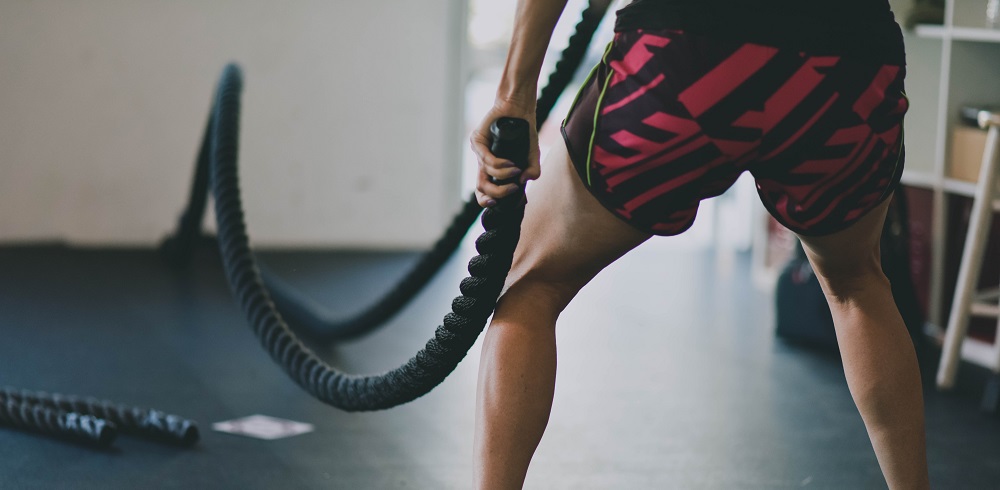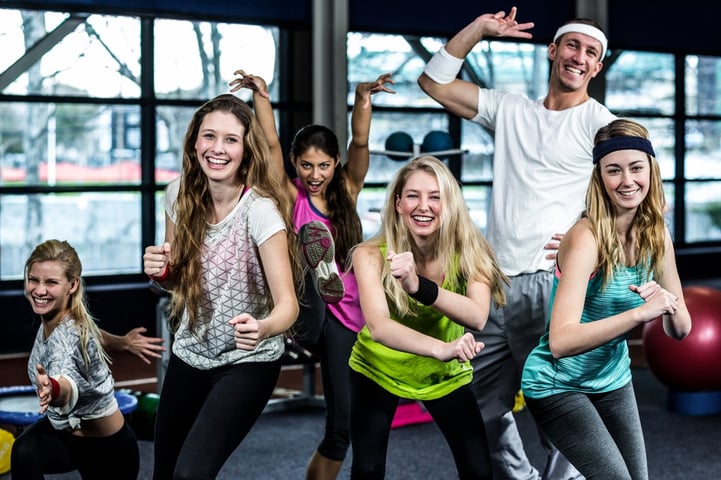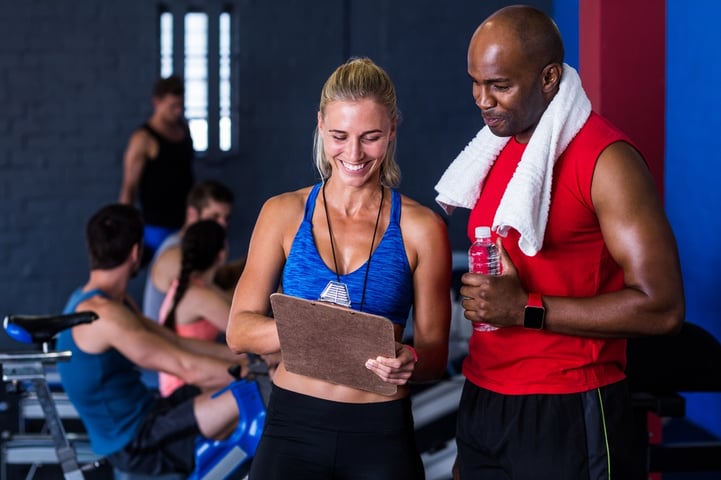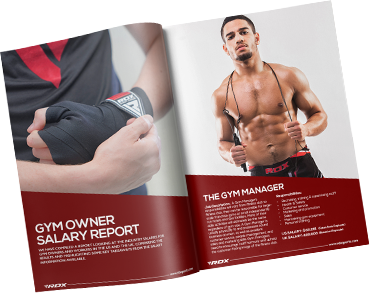Deciding to strike out on your own and open your gym is a difficult decision, and getting people through the door can be tough. The first thought swirling around your head before becoming a gym owner should be - “What type of gym do I want to open?”.
In this article, we will provide all the information you need in order to open a successful strength and conditioning gym.
Why are strength and conditioning so important?
Like many aspects of fitness, including nutrition and plyometrics, strength and conditioning pivotal to the success of many gyms and fitness clubs. Due to their rising popularity, gyms that specialise in these aspects are now actively sought after by everyone from athletes to celebrities.
Strength and conditioning exercises concentrate on the principle of ‘strength training’ and ‘aerobic conditioning’. There are five key benefits for creating a gym that focuses on these specific principles:
Injury Prevention
Essential body mechanics like tendons, ligaments, and muscles are strengthened, reducing imbalances which cause injury.
Strengthens Bones
Helps regulate and increase muscle tone and form, helping to promote a stronger musculoskeletal system.
Improves Posture
Ensures the body is working out in an even way, increasing strong natural form and posture.
Increased Metabolism & Better Mood
High-intensity workouts burn more calories than a traditional programme, release more endorphins, and raise the body’s metabolism.
Better Fitness
Exercises centered on building a strong core allow for more power and more reps.
In short, it makes athletes stronger and faster!
What makes a strength and conditioning different?
A traditional gym is typically where people go for their workout to maintain their fitness, lose a few pounds and sweat out their stresses. It might also be a place to get nutritional guidance and personal training too.
But strength and conditioning gyms have one simple purpose, albeit one that is fundamental to athletes of all abilities.
They provide fitness programmes for individual athletes, enabling excellence in their particular sport.
Regardless of the equipment needed, the real difference is found in how fitness instructors create regimes designed to improve each athlete’s particular strengths.
Key Considerations to Opening Your Strength And Conditioning Gym
Here are the key aspects you need to consider when contemplating opening a gym dedicated to strength and conditioning training:
What equipment does a strength and conditioning gym need?
Space should be utilised efficiently for a more functional setup, rather than an aesthetically pleasing one. There are only two necessities - a dedicated weight room and a cardio section.
Here is a list of the must-haves for your strength and conditioning gym:
Strength Equipment:
- Adjustable weight bench
- Power/Squat rack
- Pull up bars
- Leg press
Weights:
- Medicine balls
- Dumbbells (with rack)
- Weight bars
- Kettlebells
- Bands, rings, ab-wheels
Non-traditional equipment:
- Tires
- Weight sleds
- Slosh pipes
- Slide boards
Cardio Machine (optional):
- Indoor exercise bikes
- Cross trainers
- Rowing Machine
How to utilise space in your strength and conditioning gym
Your gym shouldn’t just be about weights. Space needs to be allocated for weight sleds, sprint sessions, and rope-work. There are plenty of top athletes who swear the benefits of intensive walking lunge sets too.
If you don’t have space in your gym then you need to consider how you’ll service group fitness classes. In your gym, you need to have enough space for everyone to work out without falling over each other.
The bottom line is ensuring your gym has enough of a mix where athletes can perform squats, lunges, bench presses, chin-ups and cardio work in safety.
What facilities should you offer?
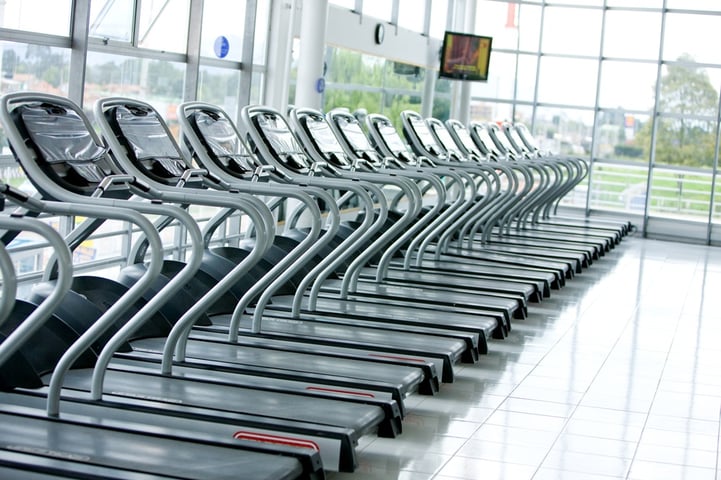
Some top-end strength and conditioning gyms have chill-out areas filled with table tennis, sofas, feed stations and TVs. However, the most important consideration is your gym clients.
They are here to work hard, to cater to them you need a variety of machinery and exercise areas. You’ll also need to consider areas to warm down and perhaps shower before they leave too.
What kind of people need strength and conditioning?
You need to be able to target exactly the kind of clients that will want to use your gym. This means knowing who they are, where they are and their pain points.
Strength and conditioning are essential components for the avoidance of injury and provide an effective method of training for those recovering from injury. Those wishing to increase their sports performance can also find enormous benefit in focused strength training - this includes sports teams as well.
By far the biggest group of people is the average gym member looking to build better fitness, develop more lean muscle and have a stronger, healthier body.
Strength and conditioning gyms have become a mainstay of the gym industry. With your own dedicated gym, you are in a great position to use your coaching skills to help people become fitter, stronger, and hopefully spread the word for more people to stop by.
